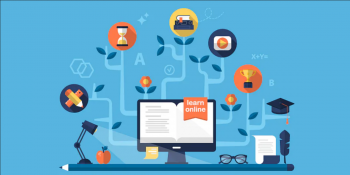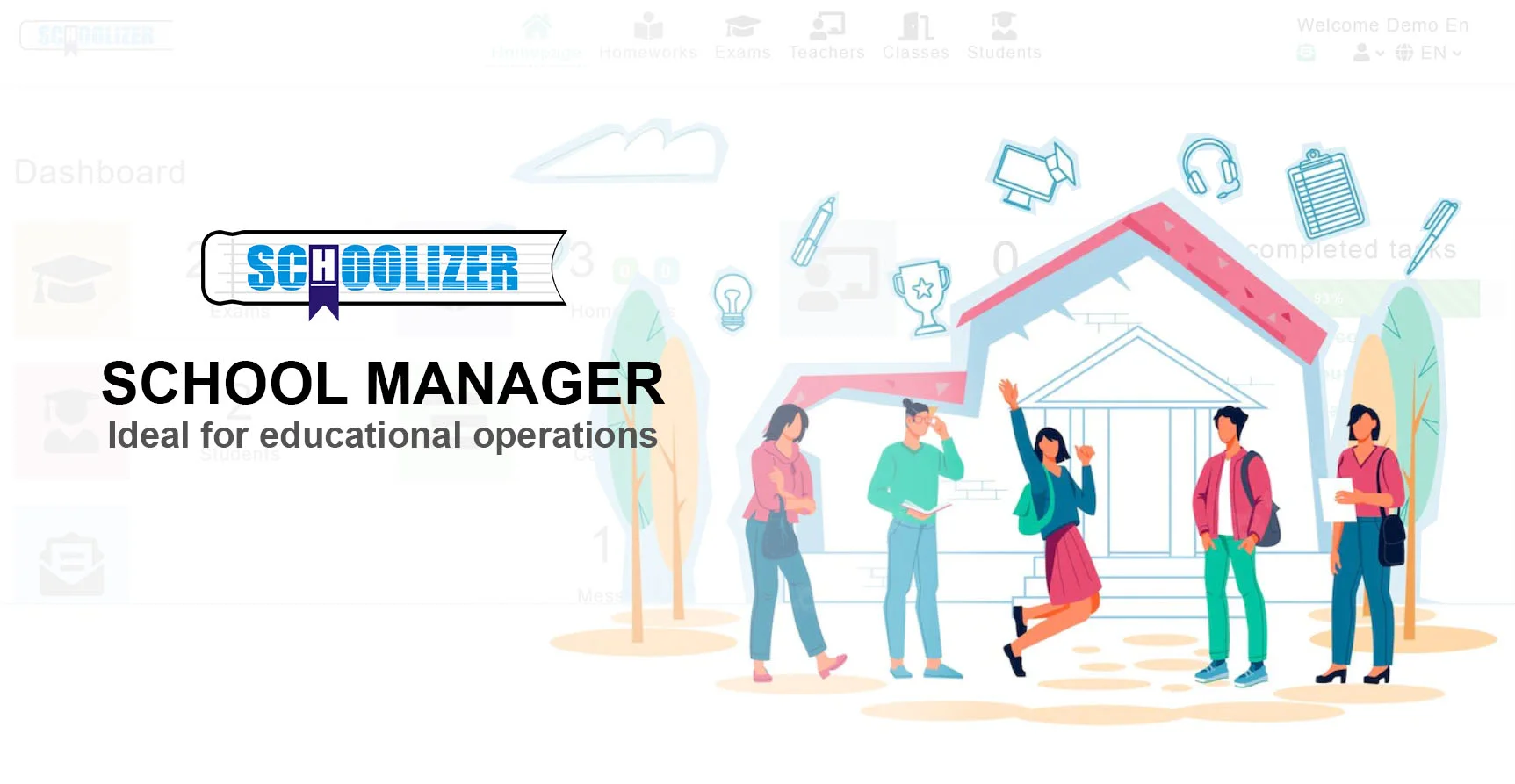Do You Forget What You Studied? 4 Tricks for a Strong Memory

As we seek knowledge, our memory serves as both our most powerful ally and our biggest obstacle. This intricate system has the potential to produce remarkable outcomes if we learn how to guide it effectively. Yet, we frequently encounter the issue of forgetting, which can be disheartening when trying to retain information. Nonetheless, grasping how memory functions correctly is the essential first step in learning to manage it effectively!
In this article, we will explore a deep understanding of memory and how to retrieve information, along with general tips and strategies for remembering what you study.

How does your memory work?
Initially, memory is a multifaceted and crucial process that enables us to encode, retain, and access information. This process comprises three key stages:
- Encoding: The first step in memory involves taking in new information and processing it through various techniques, such as visual, auditory, semantic, and tactile methods. How we encode this information is crucial for our ability to retrieve it later.
- Storage: Initially, information is stored in short-term memory (STM), which can hold data for about 15 to 30 seconds and typically manages five to nine items at a time. For information to transfer from short-term memory to long-term memory (LTM)—which can hold vast amounts of data indefinitely—it requires active rehearsal and review. Long-term memory organizes information based on its significance, making it essential for knowledge we need to retain over time.
- Retrieval: The retrieval of information from memory is influenced by whether it is stored in STM or LTM. Retrieval from STM occurs in a sequential manner, while LTM retrieval depends on the relationships and connections formed, allowing us to access past experiences, facts, and learned processes.
Memories can be categorized as either explicit or implicit, which distinguishes between the information we are consciously aware of and that which we recall unconsciously, such as skills or habits. The formation and storage of memories engage various regions of the brain and are influenced by our sensory experiences and the emotions tied to those experiences. Thus, comprehending the mechanisms of memory is essential for cultivating effective study habits and improving our ability to retain and retrieve information.
Read More: How to Make Lesson Plans? The Best Way to Plan Lessons in 2024
4 Methods to Help You Remember Your Studies!
It is crucial to recognize that no one method can ensure you will retain all the information you study. The brain operates with a range of memory triggers that are activated by various stimuli, and individuals respond differently to these influences. This is especially relevant for students aiming to enhance their study techniques and improve their ability to recall information swiftly.
To assist you, we have created a guide featuring examples and strategies tailored to different personality types. While it may require some time to learn how to effectively stimulate your mind for better recall, we hope this guide provides you with valuable insights to maximize your cognitive potential.
Read More: The Importance of Innovative Learning in Education
-
Aim to Grasp the Material
Grasping the core concepts of what you are learning is essential for effective studying. This process involves more than just memorizing facts or figures; it requires understanding the underlying principles and reasons behind the information. Here are some strategies to help you ensure that you genuinely comprehend the subjects you are studying:
First, Break Down Ambiguous Concepts:
Begin by simplifying complex subjects into more manageable parts, and seek out analogies or real-life examples that relate to the concept. Next, develop diagrams, charts, or drawings to illustrate the connections between different pieces of information.
Second, Relate New Information to Your Existing Knowledge
Begin by identifying connections between the new information you are learning and your prior knowledge. Utilize tools like mind maps to enhance your understanding. This approach fosters mental associations that make it easier to retain new information. Next, aim to comprehend the broader context of the material and how it fits into the overall picture. This will help you develop a more integrated and cohesive understanding.
Third, Ask Questions:
Embrace your curiosity by regularly posing questions like "Why?" and "How?" Such questions encourage a more profound comprehension of the subject matter. If any aspects are unclear, don't hesitate to seek clarification. You can also turn to resources such as online forums, study groups, or educators to obtain answers to your inquiries.
Fourth, Incorporate Various Sources
Expand your study materials by not limiting yourself to a single textbook or source. Delve into a range of resources such as videos, podcasts, articles, and books to gain diverse perspectives on the same topic. Afterward, analyze how different sources convey the same information. This practice will help illuminate key aspects and clarify any misunderstandings you might have.

-
Activate Your Imagination:
Engaging your imagination involves leveraging the power of visualization to improve your memory and learning capabilities. This technique encourages you to create mental images or scenarios that embody the information, making it easier to recall later. Here are several effective strategies for utilizing your imagination during your study sessions.
Practice Visual Imagery:
The clarity and memorability of your mental images improve with greater detail and vibrancy. Aim to visualize colors, textures, and even emotions tied to the information you wish to learn. This practice can significantly boost your memory and make recalling information easier.
Expand beyond visual elements by engaging all your senses. Envision sounds, scents, and even tastes or tactile sensations associated with the information. This multisensory approach deepens your learning experience and strengthens memory connections.
Consider weaving a narrative around the material you are studying. Stories are often easier to remember than isolated facts, as they provide context that links ideas together. Incorporate characters and events to make the information more dynamic and engaging. By using these strategies, you can enhance your visual imagery skills and improve your overall learning effectiveness.
Read More: Preparing Lessons: The Best Steps and Tips for 2024
-
Take Breaks:
Incorporating breaks into your study routine is crucial for sustaining mental energy, improving retention, and preventing burnout. Here are some strategies to maximize the effectiveness of your breaks:
- The Pomodoro Technique suggests that you study for a duration of 25 minutes, followed by a brief 5-minute break. After you complete four of these cycles, it’s beneficial to take a longer break lasting between 15 and 30 minutes. This approach is effective for keeping your focus sharp and your attention sustained.
- Be attentive to your concentration levels; if you notice a significant drop in your focus or energy, take a break. However, aim to do this before you become overly fatigued.
- It's also important to schedule your breaks at consistent intervals to create a routine and prevent skipping them.


-
Talk to Yourself:
Although talking to oneself may sometimes be perceived as unusual behavior, it is actually a powerful educational tool. Engaging in this practice can boost concentration, improve memory retention, and help organize your thoughts. When used thoughtfully, self-talk can result in better academic performance and enhanced problem-solving abilities. Here are some effective ways to incorporate self-talk into your study routine:
- Once you finish reading a section of the material, take a moment to verbally summarize it in your own words. This technique not only deepens your comprehension but also aids in committing the information to memory.
- Additionally, challenge yourself by formulating questions about the content and attempting to answer them. This interactive approach mimics a teaching method, making it a powerful tool for enhancing your learning experience.
In Conclusion
Some of these techniques may seem unusual at first or require time to develop. However, the more you practice them, the easier and more natural they will become, allowing you to retain more information in your memory. Keep in mind that you don't have to implement every suggestion on this list. Experiment with a few and find out which ones work best for you.
Also, consider scheduling a session with an academic coach to discuss memory techniques, create a study plan, or address any other academic challenges you may be facing. This can help ensure you stay on track in your learning journey.
Related articles:
How to Add Teachers Using Schoolizer?
How to Schedule Classes Using Schoolizer?






